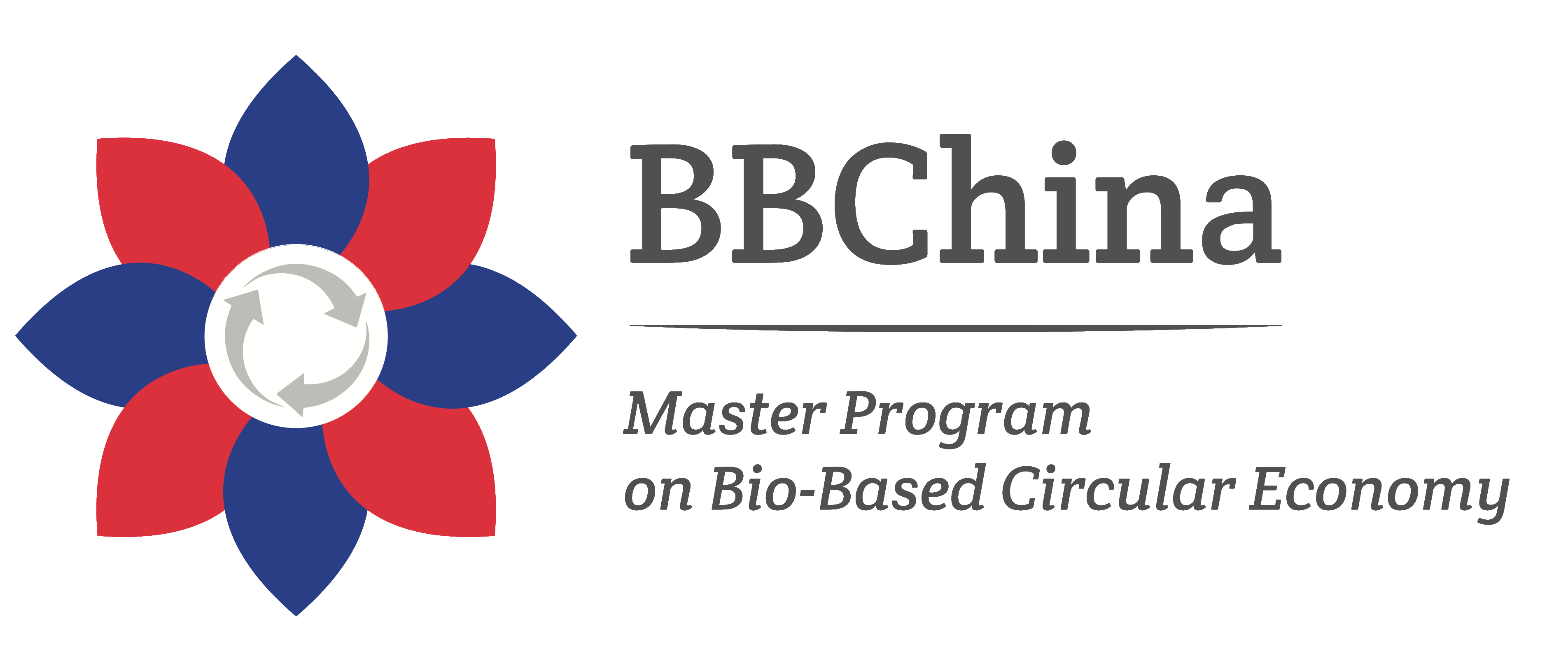Bioeconomy is expected to drive the transition of the world towards a more sustainable economy. It will be able to address some of the major global challenges, including food security, climate change, energy provision and scarcity of resources.
The globally increasing demand for food, for (new) materials, and for renewable energy, needs innovative developments in all the primary sectors.
Innovations will need to generate more resource-use-efficient technologies and methods for increasing productivity in agriculture, forestry and aquaculture without jeopardizing the Earth’s carrying capacity and biodiversity.
Bioeconomy exploits new resources by building on renewable and sustainable biomass resources. Through this, the introduction of innovative and resource-use-efficient production technologies and the transition to a sustainable society, it helps to substitute or reduce the use of limited fossil resources, thereby contributing to climate change mitigation.
Bioeconomy is becoming increasingly important globally. Worldwide, many states are working on concepts and strategy papers, involving research institutions, industry and University.
The latter can further contribute to the development of the bioeconomy globally, through the training of a new generation of graduates able to tackle all the challenges to develop a new bioeconomy society.
China has a huge biomass potential but still a lack of well-trained personnel in the field (researchers, technicians, managers etc.).
For this reason six Higher Education Institutions among China and Europe have agreed to work together in order to establish and implement a 120 ECTS equivalent Master Program on Bio-Based Circular economy in three Chinese Universities.
The BBChina “Master Program on Bio-Based Circular Economy” will train the new generation of highly skilled personnel that will drive the development of Bioeconomy in China.
Furthermore, the project establishes a network in between European and Chinese stakeholders that can represent a strong basis to start new research projects and Industry/University cooperation activities.
